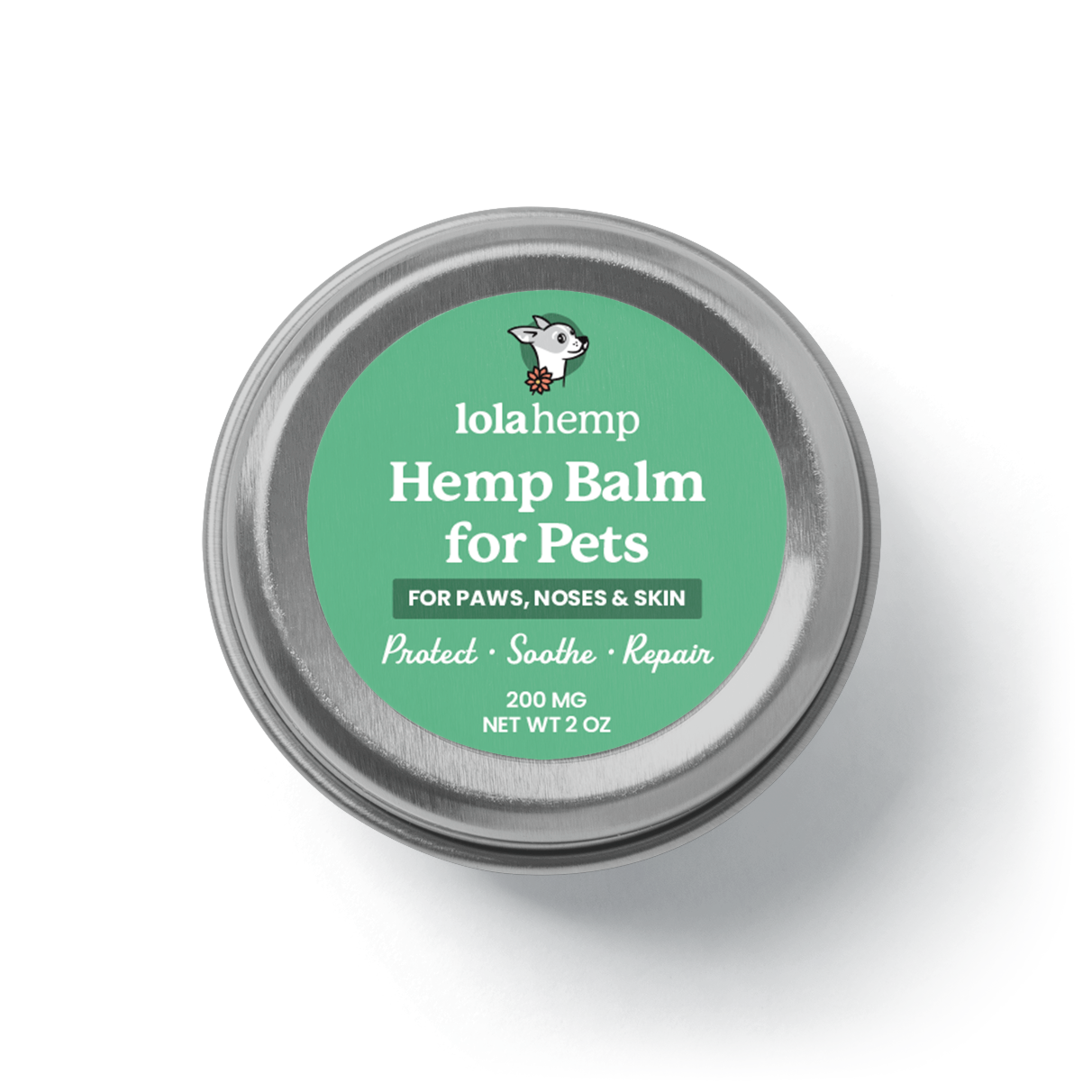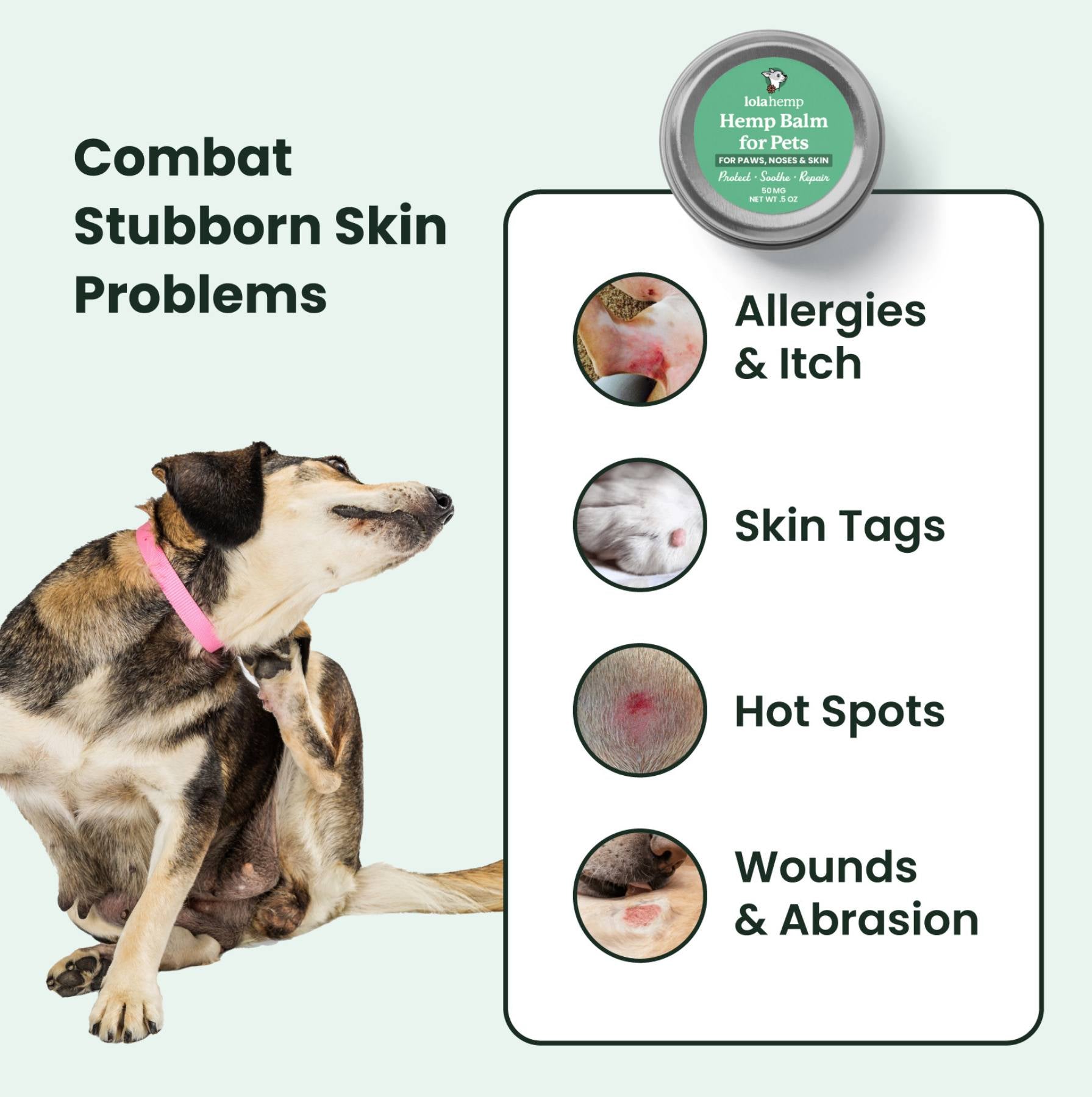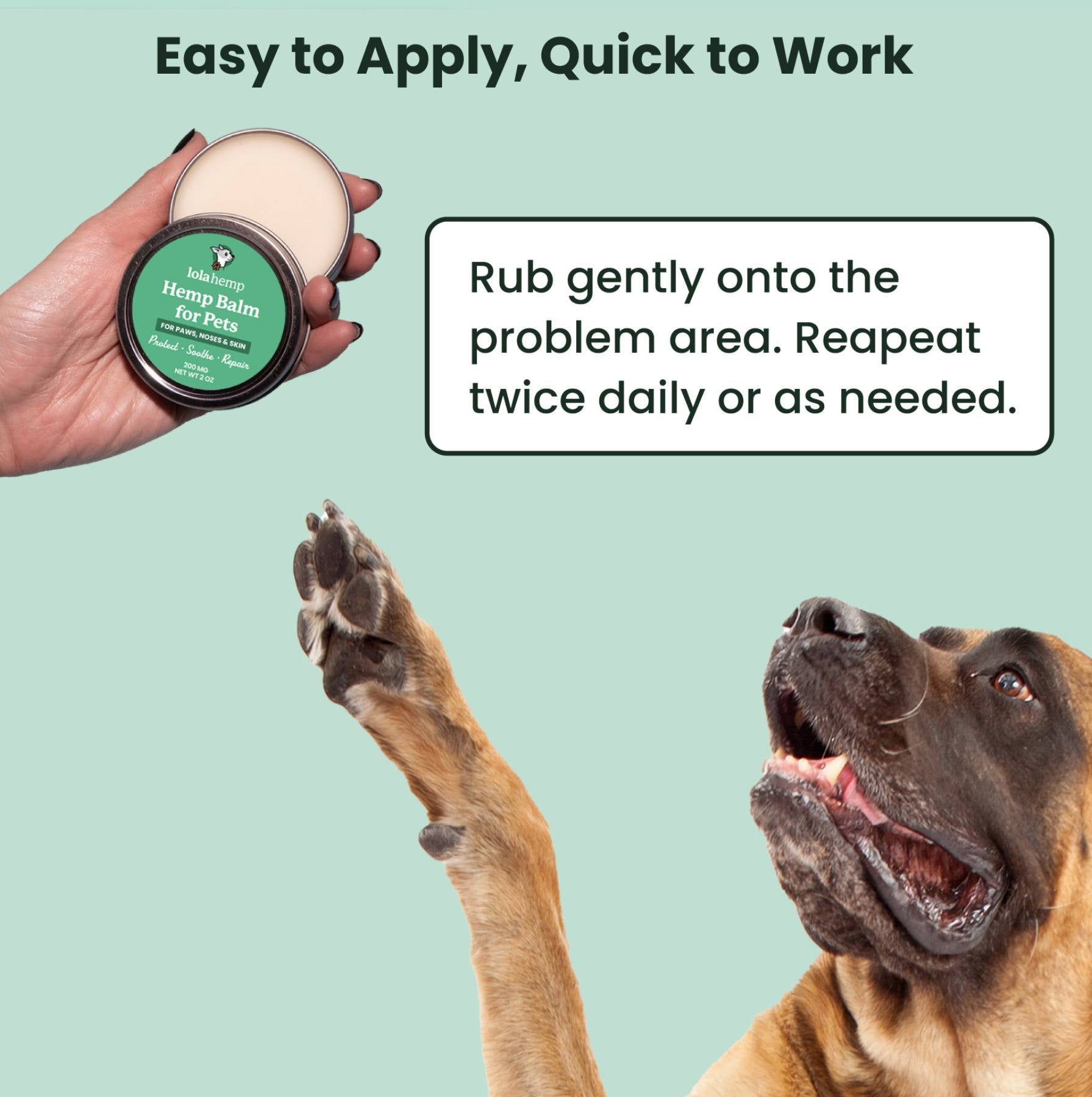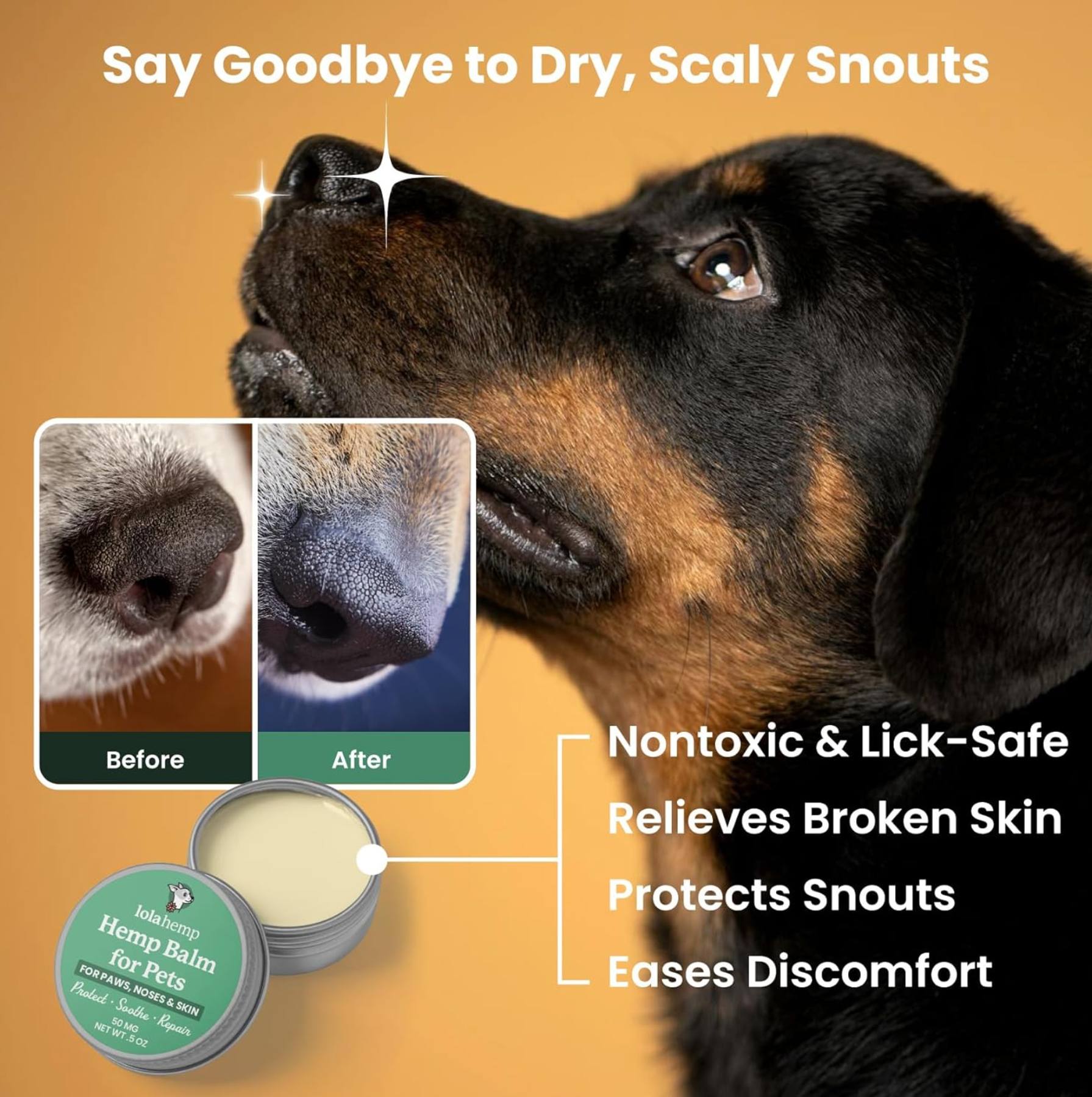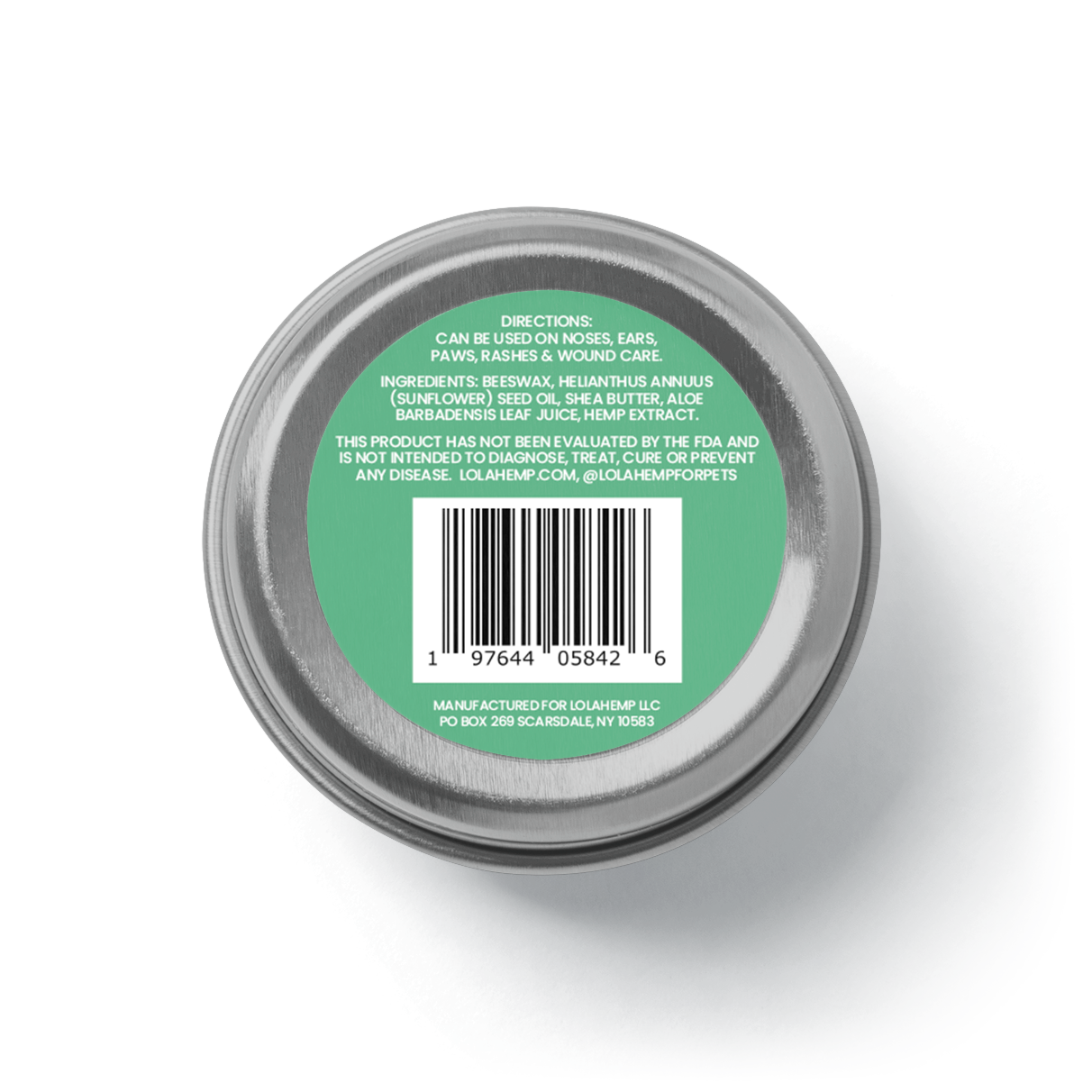Cats can become infested by lice, just like dogs can.
It's relatively uncommon for cats to get infested by lice because indoor cats don't come into contact with many risk factors. Lice are species-specific and cats can only get lice from other infested cats. Dogs cannot give cats lice, and cats cannot give dogs lice. The same goes for humans. Still, outdoor cats can become infested when they come into contact with cats in the neighborhood.
Lice are known to cause cats to itch and scratch at their skin until the infestation is gone. As you work to rid your cat of lice, you should explore options for topical skin relief in the meantime. Reducing your cat's urge to itch can prevent them from creating hot spots or open wounds from the scratching.

Symptoms of Cat Lice Infestation
Lice infestations in cats may not be as commonplace as some other pest problems, but when they do occur, they come with a distinctive set of symptoms that should not be ignored.
The hallmark symptom of lice infestation in cats is relentless itching. If you notice your feline friend scratching themselves incessantly, particularly around the neck, head, and ears, it's a glaring signal.
Lice-induced itching and discomfort often lead to a ragged and unkempt appearance in your cat's coat. They may excessively groom, bite, and scratch themselves resulting in hair loss and a generally disheveled appearance.
These symptoms of lice can make your cat feel constantly on edge, and they might have trouble settling down or finding their usual sense of calm.
How to Treat a Cat with Lice
So what are the strategies and methods that can help you combat these pesky intruders?
1. Medications for Lice Infestation
Medication may come in the form of sprays, shampoos, or dips. It's crucial to consult your veterinarian for guidance on selecting the most appropriate product for your cat's specific condition.
2. Prolonged Treatment Duration
Lice infestations are persistent, and it's essential to continue treatment for an extended period. This ensures that you eliminate the entire life cycle of lice, including both adult lice and their eggs.
3. Consider Shaving in Severe Cases
In severe lice infestations, shaving helps remove lice and their eggs, allowing for more effective treatment. Consult your veterinarian before opting for this approach.
How to Prevent Your Cat from Getting Lice
Let's explore the strategies and home care tips that can help you keep lice at bay and ensure your cat's continued well-being.
1. Monthly Flea Preventatives
Believe it or not, monthly flea preventatives can also serve as a shield against lice infestations. Consult your veterinarian to select the most suitable preventive treatment for your cat's needs.
2. Maintaining a Clean Environment
A clean living environment is the first line of defense against lice. Regularly clean and disinfect your cat's living space, including their bedding, toys, and resting areas.
3. Regular Veterinary Care
Regular check-ups with your veterinarian allow for early detection of any signs or symptoms of infestation, ensuring timely intervention if needed. your cat's living space, including their bedding, toys, and resting areas.
4. Vigilant Grooming and Hygiene
Brush your cat's fur to remove dirt and debris, which can attract lice. Additionally, maintain good overall hygiene for your cat, including oral care and keeping their fur clean.
Can Cats Carry Lice Across Species?
The good news is that lice don't partake in cross-species adventures. In other words, humans can't get lice from cats, and cats can't get lice from humans. Lice are what we call species-specific parasites. Cat lice have adapted to thrive on cats alone, and they don't venture beyond those boundaries.
Conclusion
Cats can contract lice from contact with other infested cats. Fortunately, lice on cats can't spread to dogs, humans, or other species.
Contact your veterinarian if you suspect that your cat has lice. In the mean time, consider using a soothing topical balm to support their skin issues as they recover.
Frequently Asked Questions About Lice in Cats
How do cats get lice?
Cats get lice through direct contact with another infested cat. Lice are species-specific and cannot be transmitted from dogs or humans.
What are the most common signs of lice in cats?
Persistent itching, hair loss, a rough coat, and visible nits or lice on the fur are common indicators of lice infestation.
Can I treat my cat’s lice at home?
Only vet-approved shampoos, sprays, or dips should be used. Home remedies are not effective for killing lice or their eggs.
Can lice on cats spread to humans?
No. Cat lice are species-specific and cannot survive on human skin or hair.
How long does it take to eliminate lice in cats?
Treatment may take several weeks, as it must target both adult lice and their eggs over the full life cycle.

